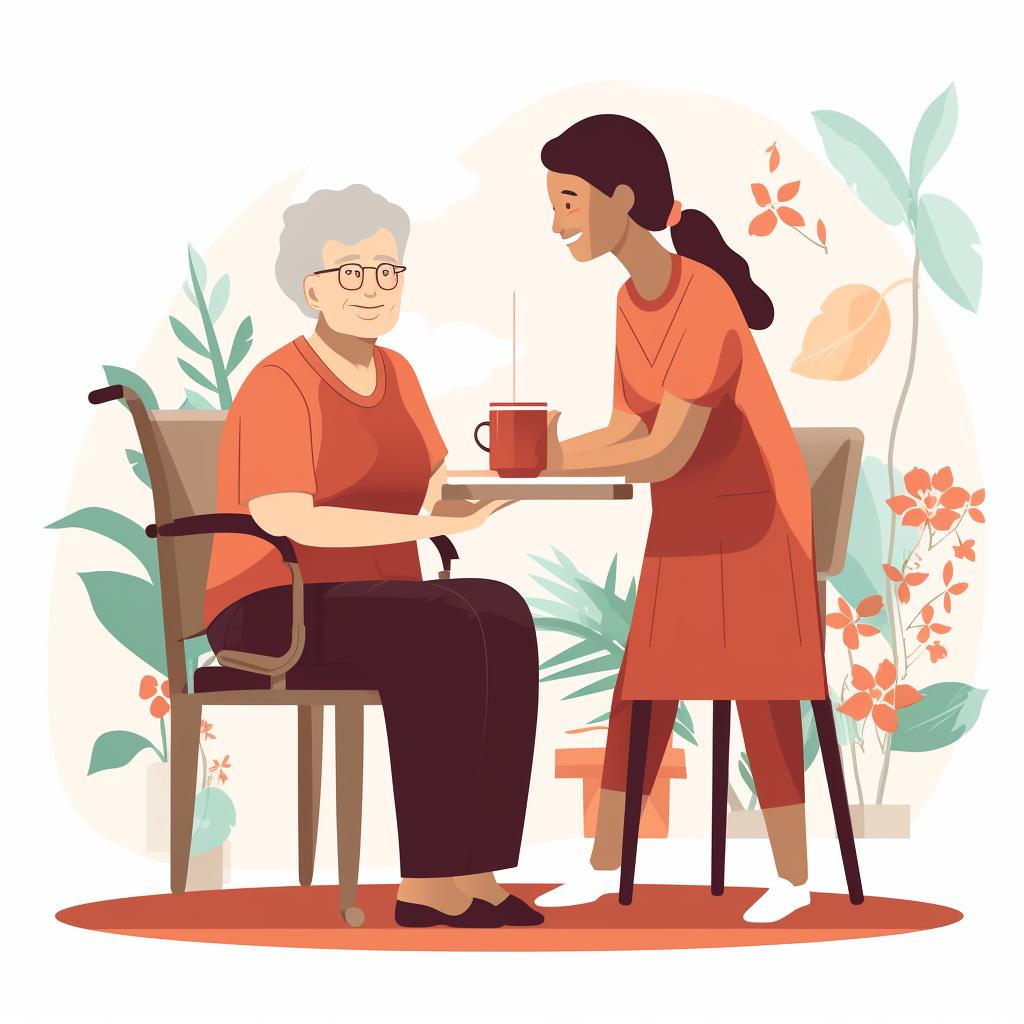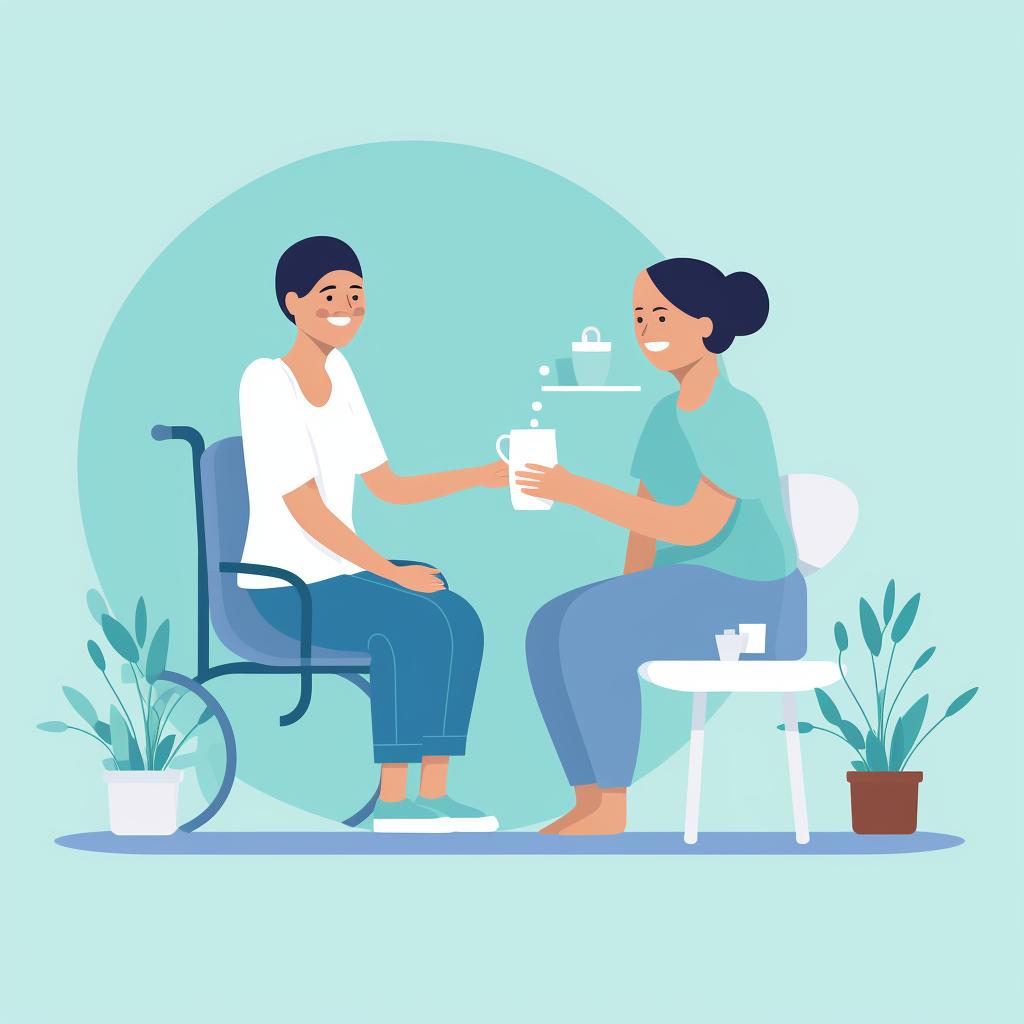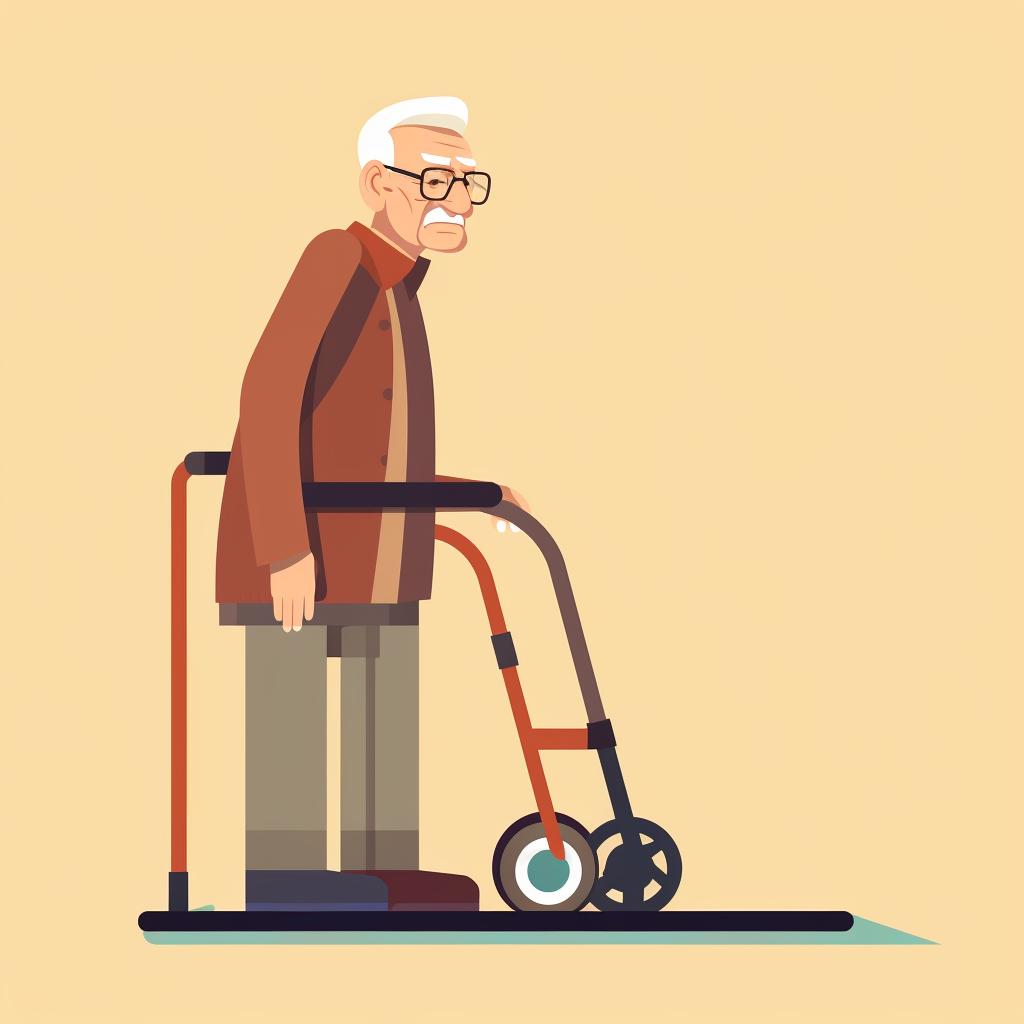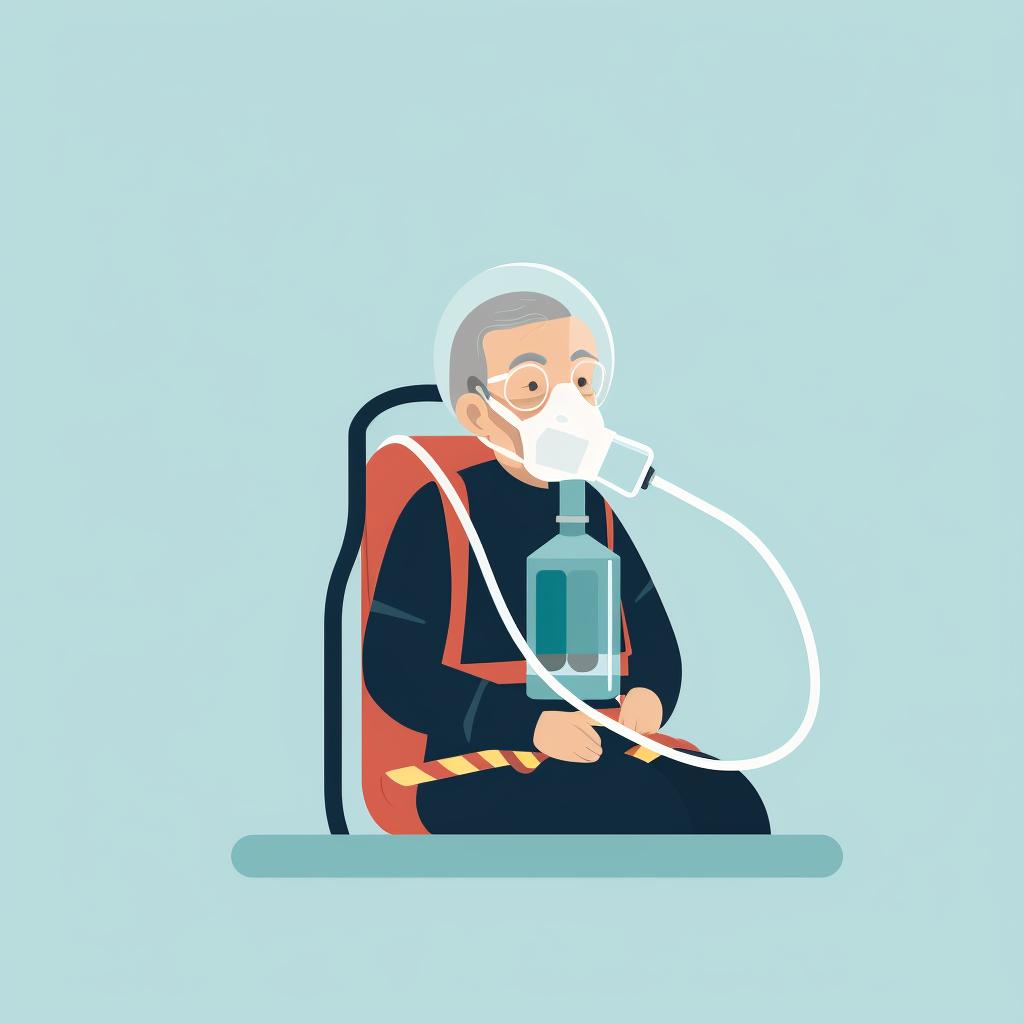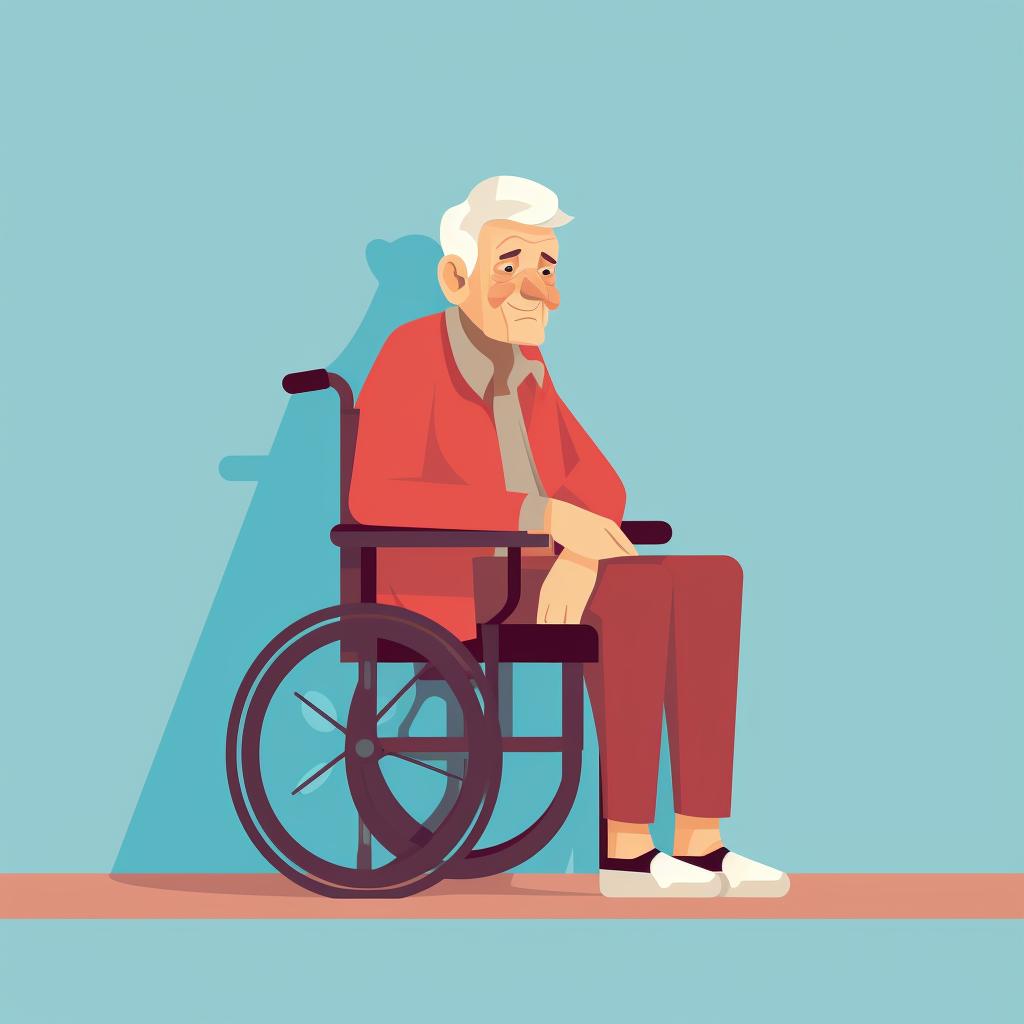🚩 Top 10 Signs Indicating the End Stage of Dementia
Understanding the end stages of dementia can be a challenging and emotional journey for caregivers and loved ones. Our step-by-step guide above outlines the top ten signs that indicate the end stage of dementia. These signs can help you better understand the changes your loved one is experiencing and how to provide the best possible care during this difficult time.
One of the first signs that dementia is progressing into its end stage is Increased Sleepiness. This is often accompanied by a Loss of Appetite and Difficulty Swallowing, which can lead to weight loss and general weakness. As the disease progresses, patients may exhibit Increased Confusion and Agitation and Restlessness, often referred to as 'sundowning'. Understanding these signs can help caregivers adapt their care strategies and maintain a calm, supportive environment for their loved ones.
As dementia advances into its final stages, patients may experience Incontinence and a noticeable Physical Decline. These changes can be distressing for both the patient and their caregivers. However, knowing what to expect can help you prepare and make the necessary adjustments in your caregiving routine. Learn more about the symptoms of end-stage dementia to better understand these changes.
In the final stages of dementia, patients may show Changes in Breathing, Decreased Responsiveness, and begin to Withdraw from social interactions. These signs are often the hardest to witness, but understanding them can provide you with the necessary knowledge to provide compassionate care during this time. Discover more about the indicators that a loved one with dementia is approaching the end of life.
At Dementia Care Tips, we understand the challenges faced by those caring for loved ones with dementia. We are here to support you every step of the way, from the initial symptoms of dementia to the end stages. Our goal is to provide you with authoritative, compassionate advice to help you navigate this difficult journey.



